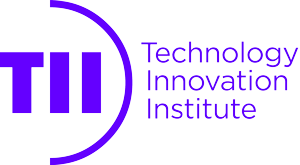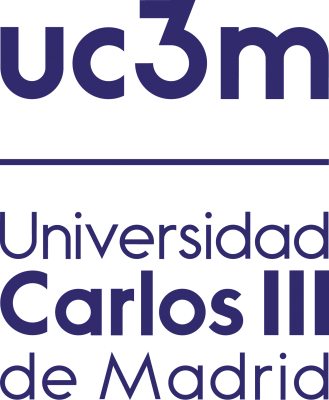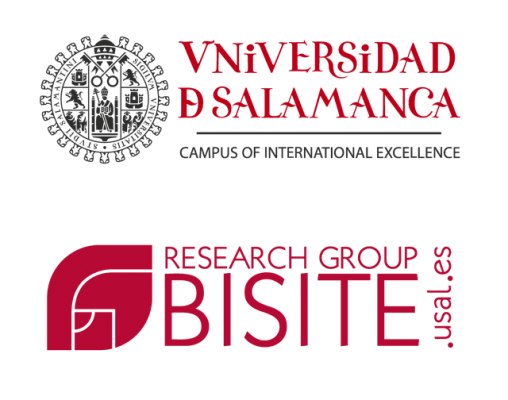Workshop Charis
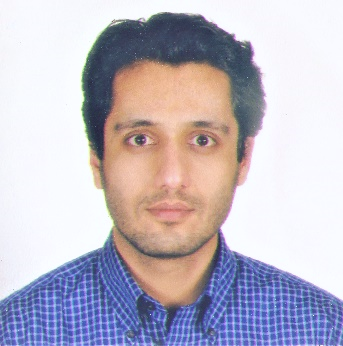 |
Saeed R. Khosravirad, Nokia Bell Labs, USA Saeed R. Khosravirad is a Member of Technical Staff at Nokia Bell Labs. In this role, he contributes to innovating the future generation of wireless networks with ultrareliable and low latency communications technology to enable the wireless industrial revolution. He received his Ph.D. degree in telecommunications in 2015 from McGill University, Canada. Prior to that, he received the B.Sc. degree from the department of Electrical and Computer Engineering, University of Tehran, Iran, and the M.Sc. degree from the department of Electrical Engineering, Sharif University of Technology, Iran. He is currently leading research projects in Bell Labs investigating various aspects of radio access for industrial IoT. During 2018-2019, he was with the Electrical & Computer Engineering department of University of Toronto, Canada as a Visiting Scholar. He is an editor of the IEEE Transactions on Wireless Communications, and guest editor of the IEEE Wireless Communications magazine. His research fields of interest include wireless communications theory, cellular network technologies with emphasis on ultra-reliable communication for industrial automation, and radio resource management for 5G and beyond.
|

|
Trung Q. Duong, Queen's University of Belfast, UK Trung Q. Duong is a Professor, Chair of Telecommunications at Queen’s University Belfast, U.K and a Research Chair of the Royal Academy of Engineering. He has been a TPC co-chair for many IEEE conferences and workshops including the most recently IEEE GLOBECOM 2016 Signal Processing Symposium. He is the founder and co-organizer of a series of IEEE GLOBECOM 2013-2018 Workshop on Trusted Communications with Physical Layer Security. Prof Duong is an Editor of IEEE Trans on Wireless Communications and Executive Editor for IEEE Communications Letters. He was an Editor of IEEE Trans on Communications, IEEE Communications Letters and the Guest Editor of IEEE Journal in Selected Areas on Communications, IEEE Communications Magazine, IEEE Wireless Communications Magazine. His current research interests include wireless communications, signal processing and machine learning with focus on ultra-reliable and low-latency communications for 6G networks. He is the recipient of the Best Paper Award at IEEE VTC 2013, IEEE ICC 2014 and IEEE GLOBECOM 2016, 2019.
|
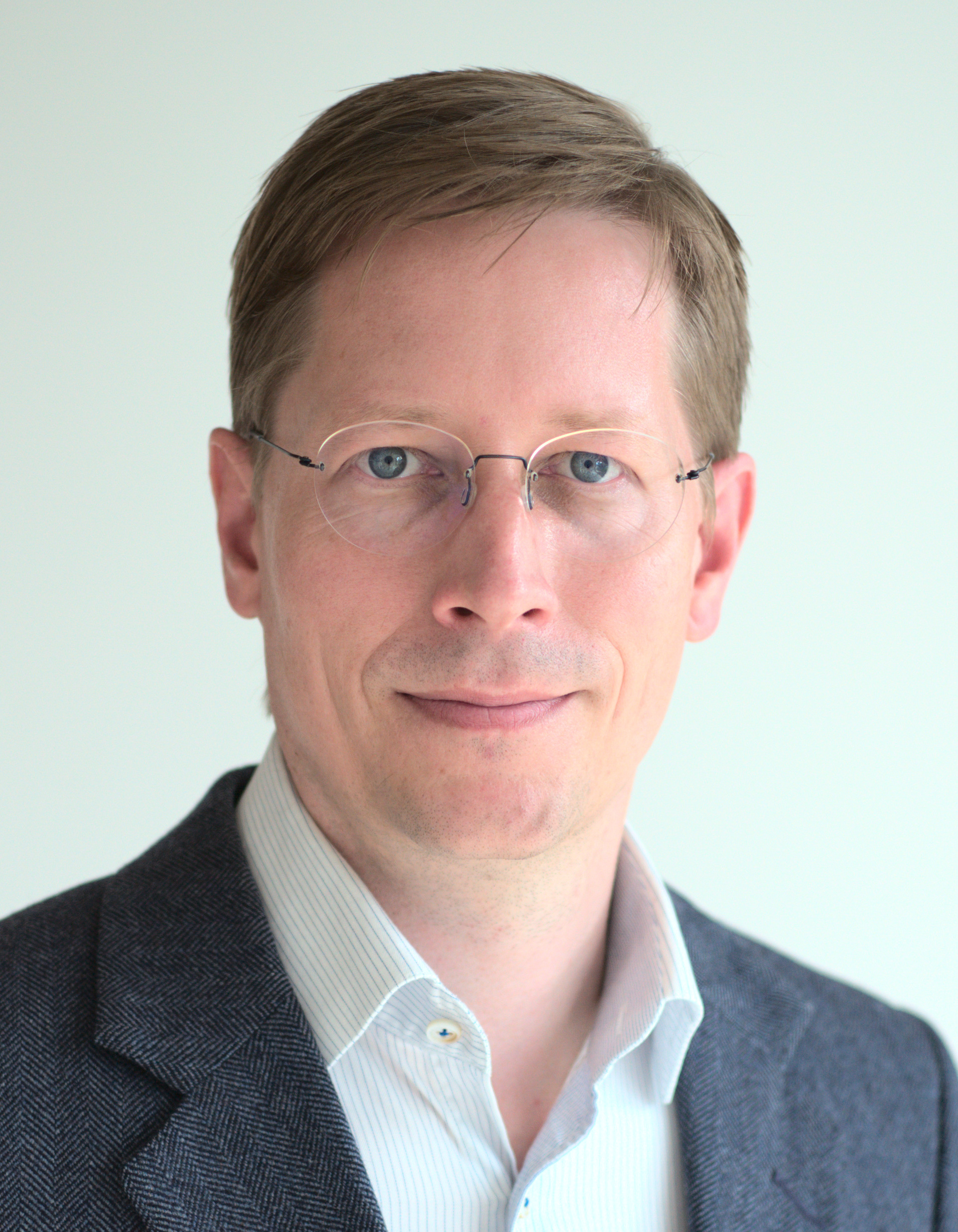 |
Holger Claussen, Tyndall National Institute, Ireland Holger Claussen is Head of the Wireless Communications Laboratory at Tyndall National Institute where he is building up research teams in the area of RF, Access, Protocols, AI, and Quantum Systems to invent the future of Wireless Communication Networks. Previously he led the Wireless Communications Department of Nokia Bell Labs in Ireland and the US. His research has been commercialised in Nokia's (formerly Alcatel-Lucent's) Small Cell product portfolio and continues to have significant impact. He received the 2014 World Technology Award in the individual category Communications Technologies for innovative work of “the greatest likely long-term significance”. Prior to this, Holger directed research in the areas of self-managing networks to enable the first large scale femtocell deployments from 2009 onward. Holger joined Bell Labs in 2004, where he began his research in the areas of network optimisation, cellular architectures, and improving energy efficiency of networks. Holger received his Ph.D. degree in signal processing for digital communications from the University of Edinburgh, United Kingdom in 2004. He is author of the book "Small Cell Networks", more than 130 journal and conference publications, 78 granted patent families, and 46 filed patent applications pending.
|
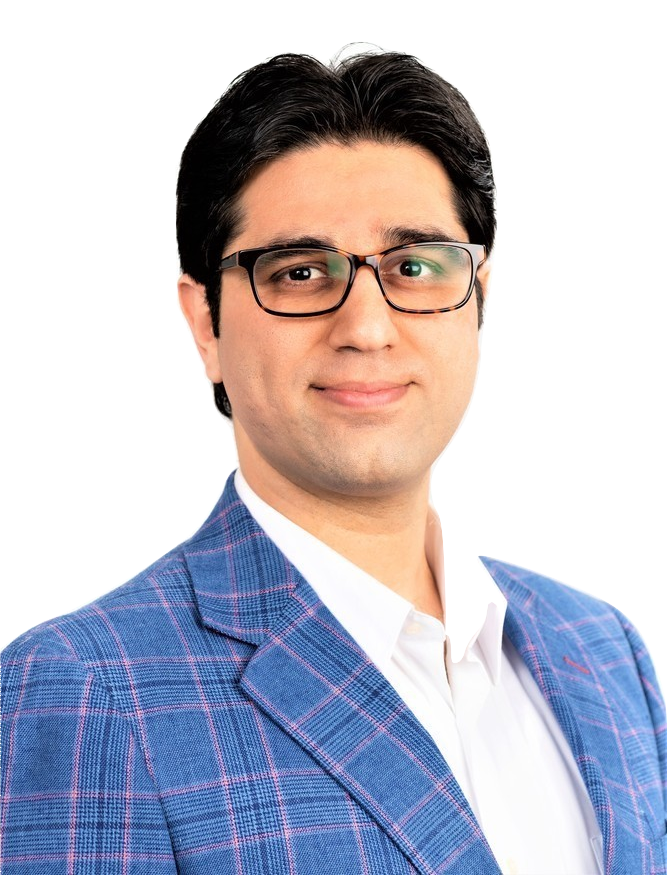 |
Mahyar Shirvanimoghaddam, The University of Sydney, Australia Mahyar Shirvanimoghaddam is a Lecturer (Assistant Professor) in Telecommunications at The Centre for IoT and Telecommunications, The University of Sydney, Australia. He received his BSc and MSc degrees, both in Electrical Engineering, with 1st Class Honor in 2008 and 2010, respectively from University of Tehran and Sharif University of Technology, Iran. He received his PhD in Electrical Engineering from The University of Sydney, Australia, in 2015. He is an IEEE Senior Member and a Fellow of the Higher Education Academy (FHEA). In 2018, he was selected as one of the Top 50 Young Scientists in the World by the World Economic Forum for his contributions to the development of IoT technologies. He is currently leading several projects, funded by the Australian Research Council, on channel code design and access technologies for massive IoT. He is the editor of the Transactions on Emerging Telecommunications Technologies and the guest editor of Entropy, a Special Issue on Short Packet Communications. His general research interests include Coding and Information Theory, multiple access techniques, and Internet of Things technologies.
|
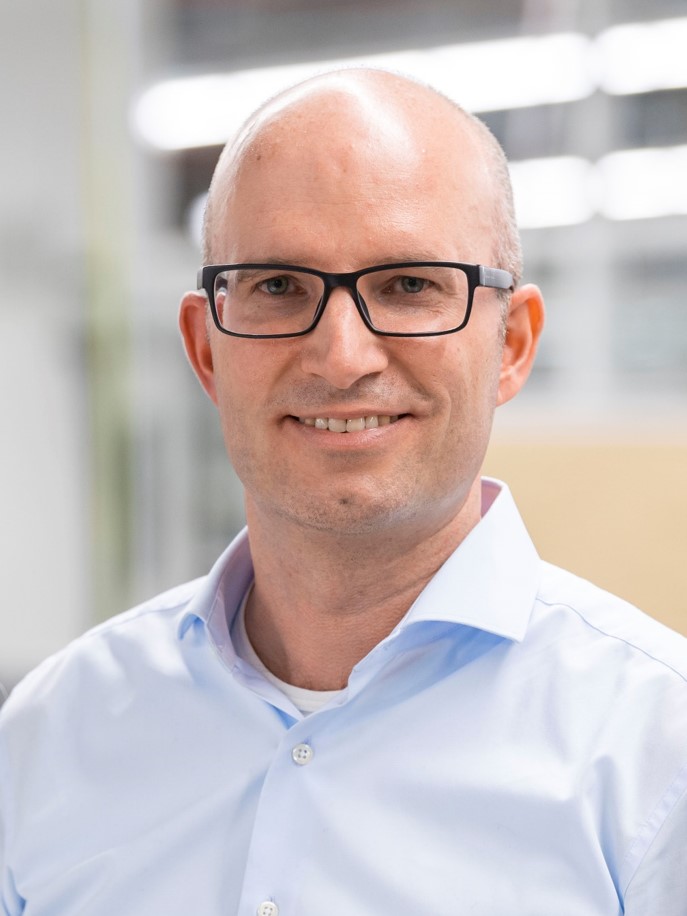 |
Andreas Mueller, Robert Bosch GmbH, Germany Andreas Mueller is the Head of Communication and Network Technology in the Corporate Research Department of Robert Bosch GmbH in Stuttgart, Germany and at the same time the Bosch Chief Expert for Communication Technologies for the IoT. In addition to that, he is coordinating the Industrial 5G activities of Bosch across the different business units. He also serves as General Chair of the “5G Alliance for Connected Industries and Automation” (5G-ACIA), which has been established for driving, shaping and promoting Industrial 5G worldwide. This is done by providing a global forum for discussing related technical, regulatory and business aspects and by bringing all relevant stakeholders together. Prior to joining Bosch, Andreas was a Research Staff Member at the Institute of Telecommunications of the University of Stuttgart, Germany, where he was contributing to the further development of the 3GPP Long Term Evolution towards LTE-Advanced. Besides, he was working as a Systems Engineer for Rohde & Schwarz, developing a novel software-defined radio based communication system for the German Armed Forces. Andreas holds a German Diploma degree as well as a Ph.D. degree in Electrical Engineering (with distinction) and a M.Sc. degree in Information Technology, all from the University of Stuttgart, Germany.
|
Technical Program Committee
|
Dr. Mahsa Derakhshani, Loughborough University, UK Mahsa Derakhshani (Senior Member, IEEE) received the Ph.D. degree in electrical engineering degree from McGill University, Montréal, Canada, in 2013. She was an Honorary NSERC Postdoctoral Fellow with the Department of Electrical and Electronic Engineering, Imperial College London, from 2015 to 2016, a Post-Doctoral Research Fellow with the Department of Electrical and Computer Engineering, University of Toronto, Toronto, Canada, and a Research Assistant with the Department of Electrical and Computer Engineering, McGill University, from 2013 to 2015. She is currently a Senior Lecturer in digital communications with the Wolfson School of Mechanical, Electrical and Manufacturing Engineering, Loughborough University, U.K. Her current research interests include machine learning and optimization for communications, ultra-reliable low-latency communications, software defined wireless networking, mobile edge caching. She serves as the Editor for IEEE Wireless Communications Letters, IEEE IoT Magazine, and IET Signal Processing Journal.
|
|
Dr. Tao Tao, Nokia Shanghai Bell, China Dr. Tao Tao is leader of the Next Generation Wireless MTC Department of Nokia Bell Labs China. He received the B.Sc degree from Southeast University, China, in 2006, and the Dr.-Ing. degree from the University of Duisburg-Essen, Germany, in 2014. His research interests include small cell, coexistence mechanism in unlicensed band, positioning, ultra-reliable low latency wireless communication for industrial automation and sidelink communication. He has co-authored more than 20 publications and more than 150 filed patent. He has led two government funding projects since 2016.
|
|
Dr. Kaiming Shen, Chinese University of Hong Kong, Hong Kong Kaiming Shen received the B.Eng. degree in information security and the B.S. degree in mathematics from Shanghai Jiao Tong University, Shanghai, China in 2011, then the M.A.Sc. and Ph.D. degrees in electrical and computer engineering from the University of Toronto, Ontario, Canada in 2013 and 2020, respectively. He joined the School of Science and Engineering at the Chinese University of Hong Kong (Shenzhen) as a tenure-track Assistant Professor in 2020. His research interests include optimization, information theory, and wireless communications.
|
|
Dr. Mojtaba Vaezi, Villanova University, USA Mojtaba Vaezi received his Ph.D. in EE from McGill University, Montreal, Canada, in 2014. From 2014 to 2015 he was a researcher at Ericsson Research, Canada, and from 2015 to 2018 he was with Princeton University, in different research positions. He is currently an Assistant Professor at Villanova University. His research interests lie at the intersection of signal processing, communications, and information theory. Among his publications in these areas is the recent book Multiple Access Techniques for 5G Wireless Networks and Beyond, (Springer, 2019). Dr. Vaezi is a recipient of a number of research, academic and leadership awards, including IEEE Communications Letters’ exemplary editor award in 2018, Korea’s best ICT paper award in 2017, NSERC Postdoctoral Fellowship in 2014, and IEEE Larry K. Wilson Regional Student Activities Award in 2013. He is/was an Editor of IEEE Transactions on Communications, IEEE Communications Letters and IEEE Communications Magazine, and an organizer of the 1st to 6th NOMA workshops at VTC’17, GC’17, ICC’18, GC’18, ICC’19, and ICC’20.
|
|
Dr. Frank Schaich, Nokia Bell Labs, Germany Frank Schaich received his Dipl.-Ing. and Dr.-Ing. degree in electrical engineering from the University of Stuttgart. 2007 he joined Alcatel-Lucent’s wireless access physical layer group. Dr. Schaich served as work package leader for various European Union’s FP7 projects (PHYDYAS, ACCORDANCE). He has been active on developing solutions for the next generation of wireless cellular communication systems in the framework of 5GNOW and METIS. Dr. Schaich has coordinated FANTASTIC-5G and ONE5G in the EU framework of horizon 2020 targeting the definition of the air interface for 5G. Currently, he is leading the department Hardware Platforms and Research Testbeds in Stuttgart being a part of the Access & Devices Lab within Nokia Bell Labs.
|
|
Prof. Xiaoli Chu, University of Sheffield, UK Xiaoli Chu is a Professor in the Department of Electronic and Electrical Engineering at the University of Sheffield, UK. She received the Ph.D. degree in Electrical and Electronic Engineering from the Hong Kong University of Science and Technology in 2005. From 2005 to 2012, she was with the Centre for Telecommunications Research at King’s College London. She was co-recipient of the IEEE Communications Society 2017 Young Author Best Paper Award and co-authored/co-edited the books “Fog-Enabled Intelligent IoT Systems” (Springer 2020), “Ultra Dense Networks for 5G and Beyond” (Wiley 2019), “Heterogeneous Cellular Networks - Theory, Simulation and Deployment” (Cambridge University Press 2013), and “4G Femtocells: Resource Allocation and Interference Management” (Springer 2013). She is a Senior Editor for the IEEE Wireless Communications Letters, Editor for the IEEE Communications Letters, and received the IEEE Communications Letters Exemplary Editor Award in 2018.
|
|
Dr. Gilberto Berardinelli, Aalborg University, Denmark Gilberto Berardinelli received the first and second level degrees (cum laude) in telecommunication engineering from the University of L’Aquila, Italy, in 2003 and 2005, respectively, and the Ph.D. degree from Aalborg University, Denmark, in 2010. He is currently an Associate Professor with the Wireless Communication Networks (WCN) Section, Aalborg University, and also working in tight cooperation with Nokia Bell Labs. His research interests include mostly focused on physical layer, medium access control, and radio resource management design for 5G systems and beyond. He is the author or coauthor of more than 100 international publications, including conference proceedings, journal contributions, and book chapters.
|
|
Dr. Mahdi Azari, University of Luxembourg, Luxembourg M. Mahdi Azari obtained his PhD from KU Leuven (Belgium), and his MSc and BSc degrees from the University of Tehran (Iran), all in electrical and communication systems engineering. Currently, he is a research associate at SnT, University of Luxembourg. Prior to this, he was a PostDoc researcher at CTTC (Spain). He has (co-)authored various scientific articles, tutorial papers, and a book chapter on communication systems. For his work on “Cellular UAV-to-UAV Communications”, he received the Best Paper Award at IEEE PIMRC’19. He is a silver medalist of Iran’s National Mathematical Olympiad and a recipient of the INEF award.
|
|
Dr. Zhaorui Wang, EIE Department, The Hong Kong Polytechnic University, Hong Kong Zhaorui WANG received his B.S. degree from University of Electronic Science and Technology of China in 2015, and the Ph.D. degree from the Department of Information Engineering at The Chinese University of Hong Kong in 2019. He was a postdoctoral fellow in the Department of Electronic and Information Engineering at The Hong Kong Polytechnic University. His research interests include intelligent reflecting surface (IRS) assisted communications, physical-layer network coding (PNC), channel coding, and short packet communications. He is a recipient of the Hong Kong PhD Fellowship in 2015-2018.
|
|
Dr. Amin Azari, Ericsson, Sweden Amin Azari received the B.Sc. degree in electrical engineering from the Tehran University, Iran (2010), the M.Sc. degree in communications engineering from the University of Tehran, Iran (2013). He received the Ph.D. degree in information and communications technology from KTH in 2018. In 2018-2019, He has been a postdoc fellow on data science in Stockholm University, and a postdoc fellow on 5G Wireless Networks in KTH. He is currently an experienced Researcher at Ericsson-Sweden, within the Research Area Networks – Management and Automation. His research interests span diverse areas such as 5G wireless networks, Internet of Things, and machine learning. He has actively served as a reviewer for flagship IEEE Transactions and Conferences, and has participated as a Technical Program Committee Member for several conferences and workshops, such as ICC 2019-2020, VTC 2019, PIMRC 2017.
|
|
Dr. Kai Ying, Sharp Laboratories, US Kai Ying received the B.S. degree and the M.E. degree from the Department of Electronic Engineering, Shanghai Jiao Tong University, Shanghai, China, in 2010 and 2013, respectively, and the M.S. degree and the Ph.D. degree from the School of Electrical and Computer Engineering, Georgia Institute of Technology, Atlanta, GA, in 2013 and 2016, respectively. Currently, he is a senior researcher at Sharp Laboratories of America, Vancouver, WA. His research interests include nonlinear signal processing and ultra reliable low latency communications.
|








